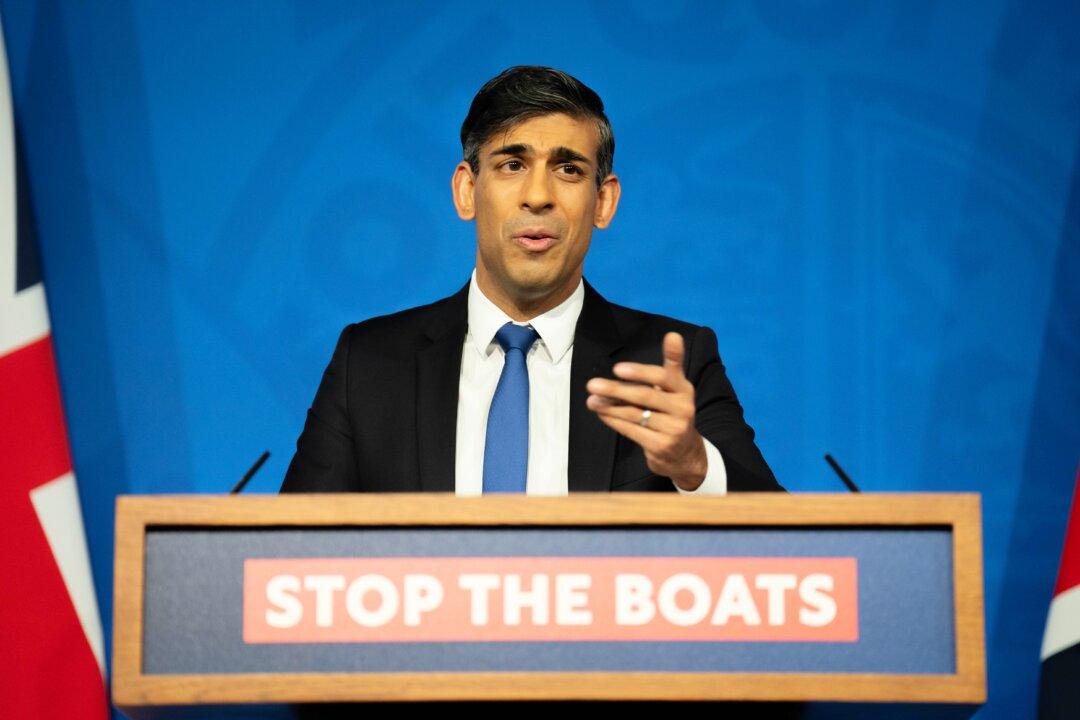Prime Minister Rishi Sunak has defended the government’s draft emergency bill on Rwanda on Thursday after immigration minister Robert Jenrick resigned over the bill.
The Safety of Rwanda (Asylum and Immigration) Draft Bill is the government’s last-ditch effort to convince the Supreme Court that Rwanda is a safe country to send asylum seekers to.





